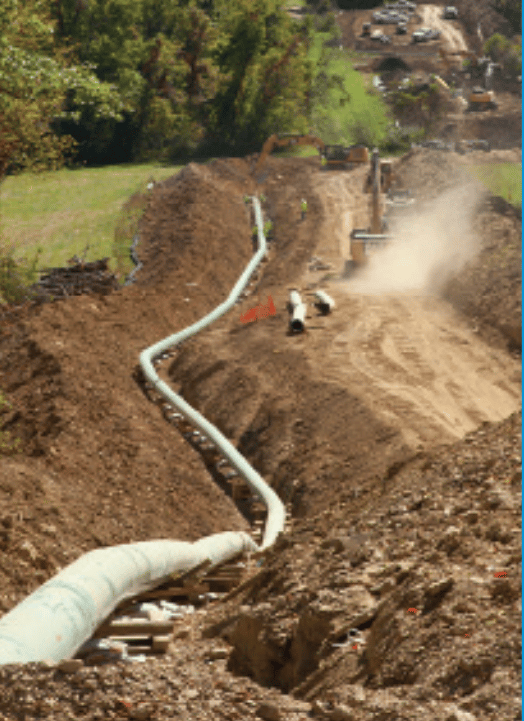U.S. EPA Updates Water Certification Rule for Energy Projects

The U.S. Environmental Protection Agency on June 1 issued a final rule specifying the timeframe for states to review water quality requirements for infrastructure projects under a section of the Clean Water Act. The rule requires states or authorized tribes to take final action within one year of a certification request. The agency also clarified the scope of the review, limiting actions to discharge from a point source associated with the permit, and specifying that issues other than the impact on water quality are beyond the scope of the act. The agency said that the rule will promote the timely review of infrastructure projects and help accelerate the construction of important energy projects across the U.S.
Changes to the 50-year old water certification rules stem from an April 2019 executive order that directed the agency to update or clarify policies to advance infrastructure projects. The rule also seeks to promote early engagement and coordination among project proponents, federal agencies, states, and tribes to facilitate the certification process.
The Clean Water Act is the primary federal law governing water pollution. Section 401 of the Act allows states and authorized tribes to assess the water quality impacts and issue certification verifying compliance with existing water quality requirements or waive the certification. The section is an important tool to help protect water quality while allowing federal permitting and licensing processes to proceed in a timely manner.
The American Gas Association commended the new regulation, saying that it will enable the nation to “continue to benefit from abundant, affordable natural gas.”
The California Attorney General Becerra criticized the rule for unlawfully curtailing state authority to review, impose conditions on, or reject certification for federally permitted projects.
EnerKnol Pulses like this one are powered by the EnerKnol Platform—the first comprehensive database for real-time energy policy tracking. Sign up for a free trial below for access to key regulatory data and deep industry insights across the energy spectrum.
ACCESS FREE TRIAL